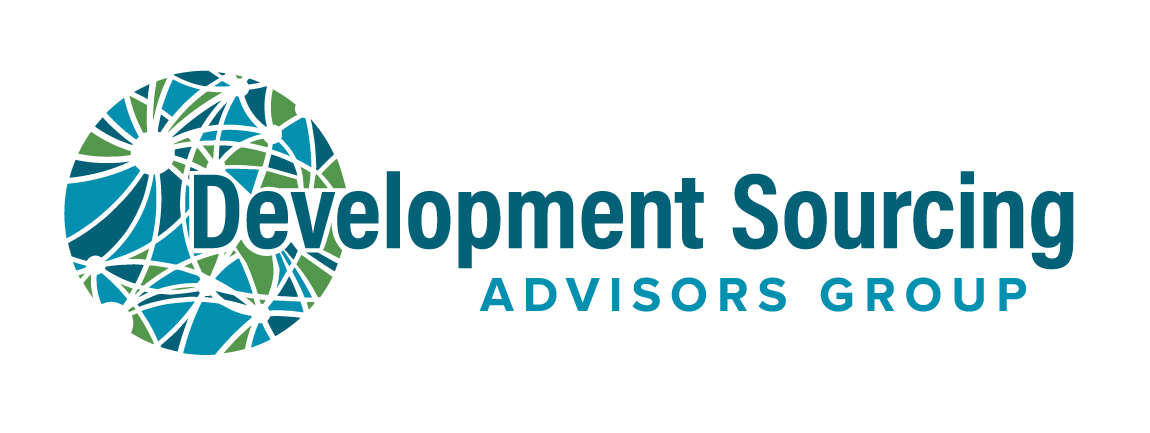A U.S. charity making grants to a foreign organization must comply with certain requirements to avoid jeopardizing its tax-exempt status. In making any grant (whether to a domestic or foreign entity), a nonprofit organization must ensure that it exercises sufficient control and discretion over the use of its funds. This requirement is particularly important with respect to grants made to non-exempt organizations (such as foreign charitable organizations). Contributions to a U.S. tax-exempt organization that transmits the funds to a foreign charitable organization are deductible only if it can be shown that (a) the contribution is in fact to or for the use of the U.S. organization and (b) the U.S. organization is not serving as an agent for, or conduit of, a foreign charitable organization.[1] The IRS has provided guidance on grant-making practices that will support a finding that a nonprofit exercised this requisite control and discretion over its funds.
IRS Guidelines[2]
- Pre-grant activities and inquiry. Solicitations for donations should be made only on the condition that the US nonprofit has control and discretion as to the use of contributions received by it. The nonprofit should also conduct proper vetting of all prospective foreign grantees to determine that the grantee is capable of carrying out the purposes of the grant. Grantee due diligence should also include compliance with the U.S. Department of Treasury’s Anti-Terrorism Guidelines set forth herein.
- Grant agreements. There should be written grant agreements that limit the use of funds to specific projects in furtherance of the US nonprofit’s exempt purpose. The grant agreement should include details, such as descriptions of the sponsored activities and a budget, and state that any funds not used for the charitable purposes specified will be returned to the grantor.
- Grant monitoring. Foreign grantees should be required to furnish a periodic accounting to show that the funds are being expended for the purposes for which they were approved. The US nonprofit should conduct field investigations to ensure that funds are being used for the intended charitable purposes.
- General fund vs. special fund. It is preferable that all grants be paid out of the nonprofit’s general fund, as opposed to a special fund raised by a solicitation on behalf of a foreign entity or earmarked to be used for a specific project. If the nonprofit desires to raise money in a special fund, the board of directors should take formal action stating that they have reviewed the solicitation for the special fund and have approved it as being in furtherance of their charitable purposes.
- Proper record-keeping. The nonprofit should maintain adequate records to show that all contributions have been used for §501(c)(3) purposes. This includes all grant agreements, detailed records about amounts disbursed, and grant progress reports.
Anti-Terrorism Guidelines
- The U.S. Department of the Treasury has developed Voluntary Best Practices for U.S.-Based Charities that engage in grant-making and/or operations in foreign countries. These guidelines address precautionary measures that should be taken with regard to the disbursement of funds, public disclosure of distribution of resources, and programmatic verification. It should be noted that these voluntary best practices encourage charities to implement safeguards in its financing practices not only for immediate grantees but for any downstream subgrantees or recipients.
- OFAC Check. As a preliminary matter, a reasonable search should be made of publicly available information to ensure that a potential grantee is not suspected of terrorism or other illegal activity; in particular, the nonprofit should check key officers and employees of the foreign grantee organization against the Office of Foreign Asset Control’s (OFAC) “Specially Designated Nationals and Blocked Persons List” (SDN list, available here). It is a violation of U.S. law to make a payment or undertake any other prohibited transaction with any person on the SDN list.
For further information about improving your grant compliance or developing a due diligence checklist for grantees, contact Jeanny Lee at jlee@devsourcing.com.
[1] Rev. Rul. 63-252, 1963-2 C.B. 101.
[2] These recommendations are derived generally from the following IRS sources: Rev. Rul. 63-252, 1963-2 C.B. 101; Rev. Rul. 66-79, 1966-1 C.B. 48; Rev. Rul. 75-65, 1975-1 C.B. 79; Memorandum No. 200504031, “International Grants and Activities,” IRS Office of Chief Counsel (January 26, 2004), available at https://www.irs.gov/pub/irs-wd/0504031.pdf.
Disclaimer: This material is provided for informational purposes and does not constitute legal advice. Access to or use of this information this information is not intended to create, and does not constitute, a lawyer-client relationship. No portion should be acted upon without first seeking legal counsel about your specific legal situation.
